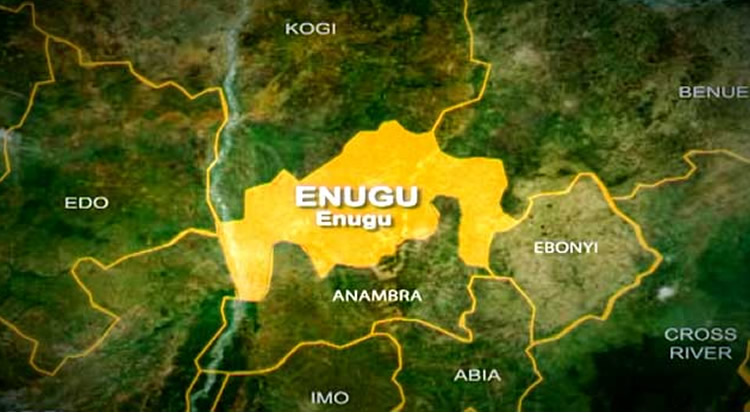Mrs. Maria Omego-Edeh, a majority shareholder of Mayfresh Mortgage Bank Limited, has raised serious concerns regarding the alleged theft of her 7.1 billion shares in the company. In a petition directed to the Registrar-General of the Corporate Affairs Commission (CAC), Hussaini Magaji, SAN, Omego-Edeh alleges that certain CAC personnel collaborated with specific individuals within the company to misappropriate her shares. The petition, dated September 27, emphasizes that despite a caveat lodged on the company’s file on July 24, 2024, to prevent any unauthorized transactions, her shareholding was completely erased by September 19, 2024. This drastic alteration in her share status was documented in a status report confirming the existence of the caveat just a month prior.
In her petition, framed as a call to action against what she describes as a “heinous crime,” Omego-Edeh highlights that she had previously brought the matter to the CAC’s attention through a formal complaint submitted on September 20. However, she expresses disappointment over the lack of action from the commission to investigate the matter or to bring those responsible for the fraud to justice. The legal framework surrounding shareholder rights is cited to reinforce the claim that she never authorized the sale or transfer of her shares, an assertion that forms the backbone of her legal position. The Companies and Allied Matters Act 2020, amended to protect shareholder interests, governs the transfer and ownership of shares, stipulating that shares can only be conveyed through authorized transactions such as sales or gifts.
The petition calls into question the integrity of the individuals involved, arguing that someone must have unlawfully authorized the unauthorized actions taken against her shares. Omego-Edeh essentially posits that shares, as personal property, cannot be forfeited without the owner’s consent. This alarming situation raises broader implications regarding the governance and operational standards of the CAC, particularly considering that a clearly defined caveat intended to protect her investments was still circumvented. The alarming breach suggests systemic failures that could endanger the economic landscape by allowing such fraudulent activities to persist unchecked.
Furthermore, the implications of these alleged actions extend beyond individual loss, as outlined in the petition, which characterizes the incident as cybercrime under Nigeria’s Cybercrime (Prohibition, Prevention) Act 2015 (as amended). The petition cites specific provisions relating to computer-related fraud and emphasizes that the unauthorized manipulations of her share records fall within this legal framework. Consequently, Omego-Edeh demands that the implicated individuals be arrested and subjected to judicial processes per the defined penalties which include imprisonment and monetary fines. Additionally, she insists that the alterations to her share records be reversed to reflect her rightful ownership.
The ramifications of this scandal raise significant alarm regarding the efficacy and reliability of Nigeria’s financial institutions and regulatory agencies. The petition articulates concern that such fraudulent behavior could exacerbate existing challenges facing the banking sector, which is already grappling with declining economic indicators including GDP growth, inflation, and volatile currency rates. Incidents like this could jeopardize investor confidence, a crucial element for fostering sustainable economic growth and stability. The apprehension regarding these systemic vulnerabilities highlights the need for comprehensive reforms to bolster transparency and accountability within regulatory frameworks.
In response to inquiries from journalists regarding the allegations, Mr. Dominic Inyang, the CAC’s Director of Press, admitted he was unaware of the circumstances surrounding the case. He suggested that further discussion take place in person at their headquarters. This sentiment reflects a concerning lack of communication within the agency, further complicating the situation for Omego-Edeh and other stakeholders seeking clarity and justice. The case signals not only a personal crisis for the petitioner but also raises fundamental questions about operational integrity, regulatory oversight, and the protections afforded to investors in Nigeria’s financial landscape.


